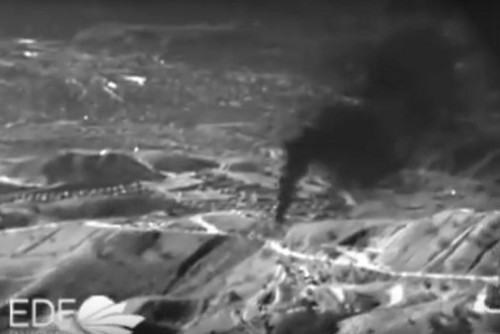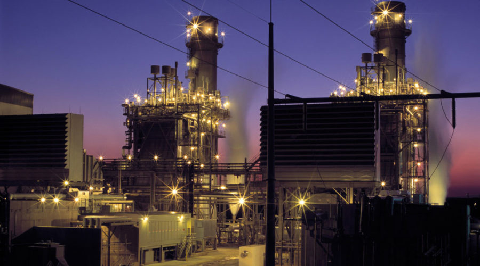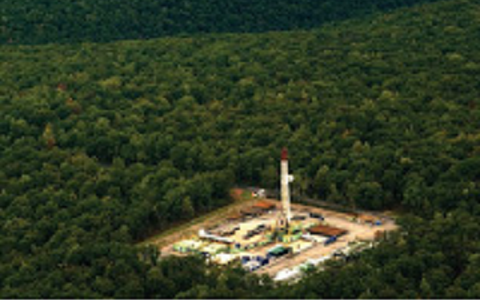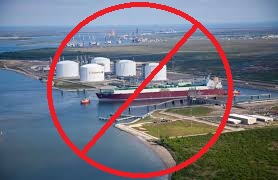
Is Shale Gas a Major Driver of Recent Increase in Global Atmospheric Methane?
July 23, 2019
Bait & Switch: DRBC Approves LNG Port in Gibbstown, NJ
August 10, 2019In a very unusual ruling, the Commonwealth Court stated that 2/3 of State Forest gas drilling money transferred by the General Assembly from DCNR’s Oil and Gas Lease Fund to the state General Fund in 2009 was part of the Trust as the 2017 PA Supreme Court had determined.
John E. Childe, the attorney handling the case for the Pennsylvania Environmental Defense Fund (PEDF), said Commonwealth Court ignored the direction of the PA Supreme Court’s 2017 in making its decision.
He explains:
“The Supreme Court remanded two questions: First, whether money received from payments due under leases for the extraction and sale of oil and gas on state forest lands, including bonuses and annual rental payments, are part of the corpus of the environmental public trust established by Article I Section 27 of Pennsylvania’s Constitution. Second, whether the enactments of Section 1604-E and 1605-E of the 2009 Fiscal Code are unconstitutional.
“The Supreme Court delineated the framework for the Commonwealth Court, stating: “In construing Section 1604-E and 1605-E [of the Fiscal Code], to the extent that the lease agreements reflect the generation of revenue streams for amounts other than for the purchase of the oil and gas extracted, it is up to the Commonwealth Court, in the first instance, and in strict accordance and fidelity to Pennsylvania trust principles, to determine whether these funds belong in the corpus of the Section 27 trust.” Id.
“As to the first issue the Commonwealth Court ignored the direction of the Supreme Court, and determined that, based on the leases, bonus and rental payments are not payments for the “severance” of the oil and gas from the land, and that they are payments only for exploring for the oil and gas.
“But the leases expressly state otherwise. The leases specifically state that they are “for the sole purposes of (1) exploring, drilling, operating, producing, and removing of oil, gas and liquid hydrocarbons, and (2) at locations approved by the Department, laying pipelines and constructing roads, tanks, towers, stations, and structures thereon to produce, save, take care of, and transport extracted products.”
“The purpose of these lease provisions is to expressly allow the oil and gas, the Section 27 trust assets, to be physically changed, to be drilled, produced, removed, saved, taken and transported away from the control of the trust.
“These actions would dispose of the trust assets and deprive the trust of those assets. If no oil or gas is actually found and removed, that does not change the purposes of the leases and the payments made thereunder as intended by the parties to the lease. “The bonus and annual rental payments are express consideration paid by lessees for the right to enter upon our State forests to extract and remove the oil and gas.
“Contrary to the direction of the Supreme Court the Commonwealth Court did not reaching its findings and conclusions in strict accordance and fidelity to Pennsylvania trust principles, to determine whether these funds belong in the corpus of the Section 27 trust. Instead, Commonwealth Court relied “Principal and Income Act of 1947”. “To get there the court determined that the beneficiaries of the trust who are both living today and for future generations must be broken down into two categories. Those beneficiaries living today must be life tenants or income beneficiaries, those of future generations are remaindermen. “These designations are based on the court’s analysis of the principals under lease law, not under strict principles of trust law.
“Under Article I Section 27 the beneficiaries of the trust are also owners of the public natural resources. “The Supreme Court emphasized that the proper standard of judicial review lies in the text of the Article I Section 27 itself as well as the underlying principles of Pennsylvania Trust law.
“Nothing in the terms of the trust language of Section 27 authorizes the trustee to lease and sell our public natural resources. Nothing in Section 27 authorizes the trustee to limit the beneficiaries, as common owners, to life tenants and remaindermen.
“One of the basic principles of trust law is that it is the duty of the trustee to protect the corpus of the trust for the benefit of the people, not the trustee. Interpreting the leases of the trustee to provide that the trustee receives the income from leases in the form of bonus and rental payments belies this principle.
“The Supreme Court in PEDF II recognized this fact, stating that the Commonwealth, as trustee, has the constitutional obligation to negotiate and structure leases in a manner consistent with its Article I Section 27 duties. Oil and gas leases may not be drafted in ways that remove assets from the corpus of the trust or otherwise deprive the trust beneficiaries (the people, including future generations) of the funds necessary to conserve and maintain the public natural resources.” 161 A.3d at 936.
For whatever reason, it seems that Commonwealth Court favors allowing Governor Wolf to keep his hand in the cookie jar.
For the complete article, and Commonwealth Court’s questionable rationale behind their 1/3-2/3 split, go to the article by David Hess in the PA Environment Digest Blog.




